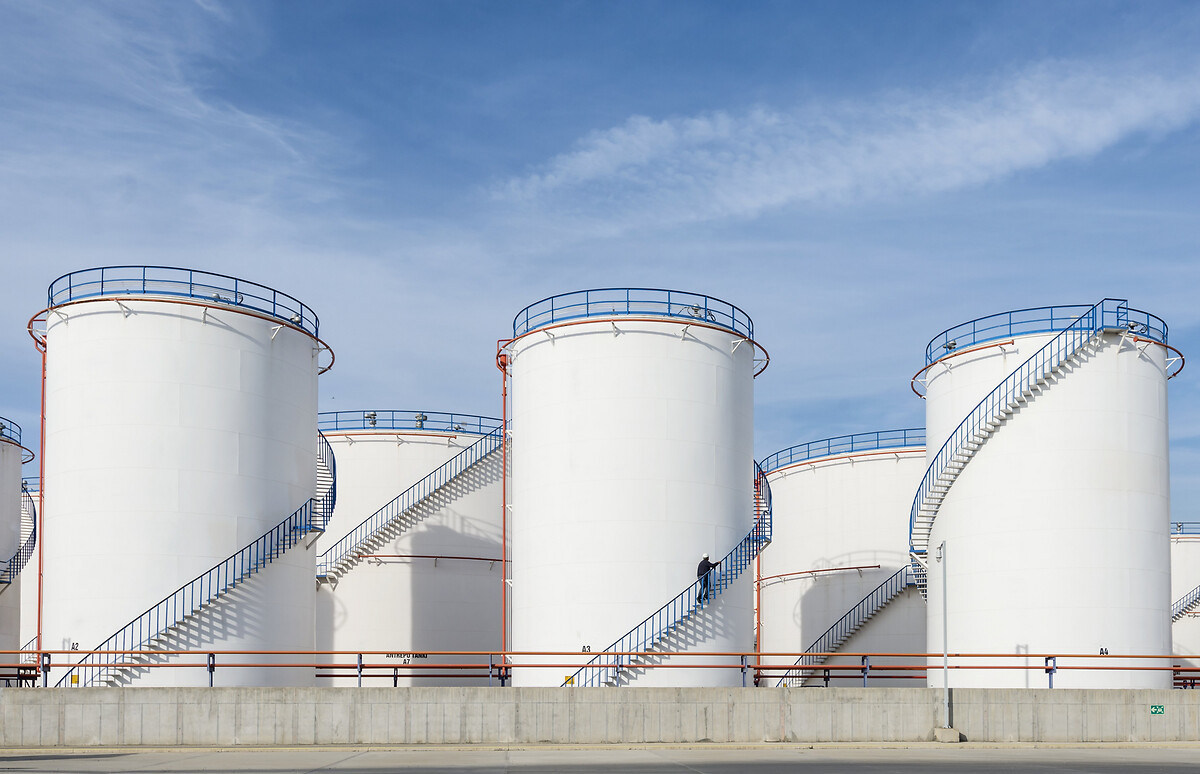From Monday Edinburgh residents will be able to have batteries and plastic bottles collected
from their homes for recycling.
Plastic bottles will be picked up from red kerbside boxes while batteries will be picked up from the blue kerbside boxes.
The council says plastic bottles are one of the most asked about recyclable items. Just now they have to take them to on-street recycling bins.
A recent YouGov study showed 275,000 tonnes of plastic are used each year in the UK, which is around 15 million bottles per day. Plastic bottles can take up to 500 years to decompose.
Last month we reported on plans to trial food waste recycling in the east of the city.
Landfill tax
Householders can currently recycle their batteries at some shops as well as the council recycling centres. But the additions to the kerbside recycling box collection means the public will be able to place batteries in their blue boxes for recycling.
In the UK as little as 3% of all household batteries are recycled. Most old batteries end up in landfill, where they can leak harmful chemicals into the soil.
The upgrade has been brought as the council aims to increase recycling to 75% by 2020. It currently spends over £7 million each year on landfill tax.
If action isn’t taken, the bill is expected to rise to £12m.
The council’s local environment spokesman Robert Aldridge said:
“We are really stepping up our recycling activity in Edinburgh; with the introduction of a food waste pilot due to start soon and now householders will also be able to recycle batteries and plastic bottles at the kerbside.
“It is important as a city that we lower the amount of rubbish sent to landfill and the introduction of these new services will make it easier for residents to recycle even more materials.
“Everyone has a responsibility to reduce waste, especially with materials such as plastics and batteries. Recycling at the kerbside protects natural resources and I would urge the public to get behind these new services and reduce, reuse and recycle where they can.”
Source : www.guardian.co.uk




